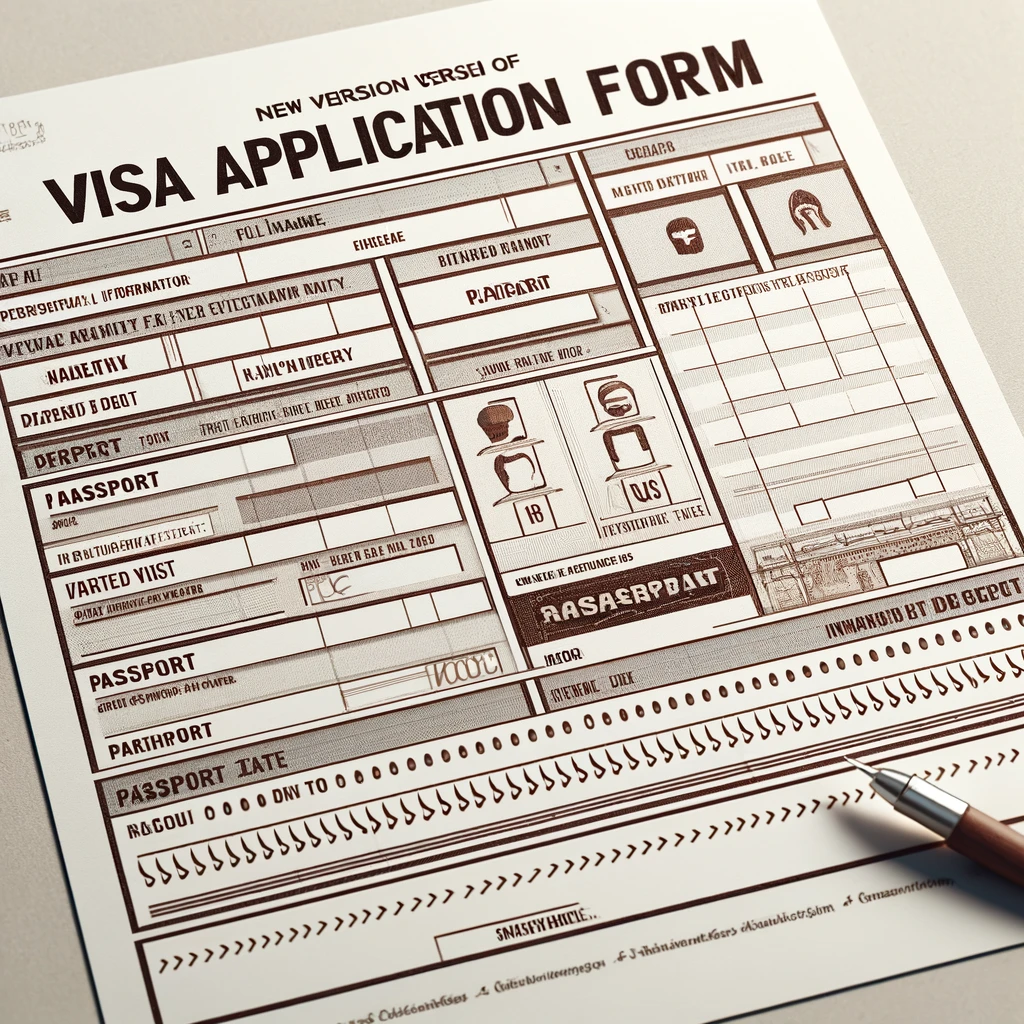5. Refund Policies for Visa Fees
Understanding refund policies for visa fees is important for applicants. Generally, visa application fees are non-refundable. This policy means you cannot get your money back if your application is denied.
In some cases, partial refunds might be possible. Refunds are usually considered if there was an error made by the visa processing authority. For example, if the consulate or embassy made a mistake, you might be eligible for a refund.
It is essential to review the specific refund policy of the country where you are applying. Each country has its own rules regarding refunds. Some countries might offer refunds under certain conditions, while others do not.
Applicants should carefully read the instructions and guidelines provided by the embassy or consulate. This information often includes details about refund eligibility and the process for requesting a refund.
If you believe you qualify for a refund, contact the relevant authorities promptly. Be prepared to provide supporting documents, such as payment receipts and application details. Understanding and following the refund policies can help manage your expectations and avoid unnecessary losses.
6. Fee Waivers and Reductions
Fee waivers and reductions can help applicants save on visa costs. Some countries offer these options under specific conditions. Applicants should be aware of the criteria to qualify for fee waivers or reductions.
Certain categories of visas, such as diplomatic or official visas, may be eligible for fee waivers. These waivers often apply to government officials and representatives.
Students and low-income applicants might also qualify for reduced fees. Some countries provide discounted fees to those who meet financial criteria. Providing proof of financial hardship or enrollment in an educational institution may be required.
Countries with international agreements may offer fee reductions or exemptions. These agreements can affect the fees based on bilateral or multilateral treaties.
To apply for a fee waiver or reduction, follow the specific instructions provided by the embassy or consulate. You may need to submit additional documentation or forms.
Always check the latest guidelines on fee waivers or reductions before applying. Being informed about these options can reduce your visa costs and make the application process more affordable.
7. Tips to Avoid Extra Charges
Avoiding extra charges in the visa application process can save money. Start by checking the latest visa fees on the official website. Fees can change, so always use the most current information.
Ensure that you complete your application accurately. Mistakes or incomplete information can lead to additional processing fees or delays. Double-check all forms and documents before submission.
Submit your application well before the deadline to avoid expedited processing fees. Applying early gives you ample time and avoids rush fees.
Pay close attention to additional service fees, such as for biometric data collection or document translation. Be aware of all required services and their costs.
Verify the payment method and instructions provided by the consulate or embassy. Using the wrong method or providing incorrect payment details can result in extra charges.
Follow all guidelines and instructions provided by the visa office. Misunderstandings or non-compliance can lead to additional fees or processing delays.
By staying informed and organized, you can minimize extra charges and ensure a smooth application process. Proper preparation and attention to detail are key to avoiding unnecessary costs.
8. Conclusion
Understanding visa application fees is crucial for a smooth process. These fees vary based on visa type, nationality, and processing speed. Knowing the cost beforehand helps in planning and budgeting effectively.
Factors such as visa category, applicant’s country, and additional services influence the total fee. Different payment methods, like online or in-person, offer convenience. Always follow the payment instructions carefully and retain proof of payment.
Refund policies are generally strict, with fees often being non-refundable. However, some countries may offer partial refunds under specific circumstances. Checking refund policies ensures you understand your options if issues arise.
Fee waivers and reductions are available for certain visa categories and applicants. Students, diplomats, and low-income individuals may benefit from reduced fees. Verify eligibility criteria and application procedures for these options.
To avoid extra charges, apply early, ensure accuracy in your application, and be aware of all costs. Following guidelines and staying informed about fees helps prevent unnecessary expenses.
In summary, being well-prepared and informed about visa fees makes the application process more manageable. Proper planning and attention to detail ensure that you handle the financial aspects smoothly.
Frequently Asked Questions (FAQs)
1. What are visa application fees?
Visa application fees are charges paid to process a visa request. These fees cover administrative costs and vary by visa type and country.
2. How can I find out the visa application fee for my visa type?
Visit the official website of the embassy or consulate of the country you are applying to. They provide updated fee schedules for different visa categories.
3. Can I get a refund if my visa application is denied?
Generally, visa application fees are non-refundable, even if the application is denied. Some countries may offer partial refunds under specific circumstances, such as administrative errors.
4. What payment methods are accepted for visa application fees?
Payment methods typically include online payments via credit or debit card, bank transfers, and in-person payments at designated locations. Check the embassy or consulate’s website for specific payment options.
5. Are there any fee waivers or reductions available?
Fee waivers or reductions may be available for certain visa categories, such as diplomatic visas, or for applicants who meet specific criteria, like financial hardship or student status. Verify eligibility and application procedures with the relevant authorities.
6. How can I avoid extra charges during the visa application process?
To avoid extra charges, apply early to avoid expedited fees, ensure your application is complete and accurate, and be aware of all additional service costs. Follow all guidelines and payment instructions carefully.
7. Can I pay my visa application fee in installments?
Most countries require full payment of the visa fee at the time of application. Check with the embassy or consulate for any options or special arrangements.
8. What should I do if I encounter issues with my visa fee payment?
Contact the embassy or consulate where you are applying for assistance. Keep records of all payment transactions and receipts, and follow their instructions for resolving payment issues.

